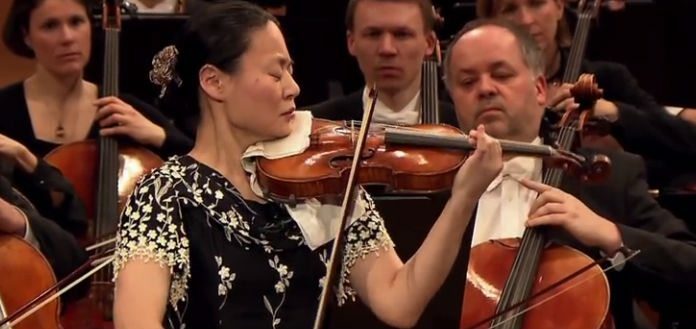Violinist Midori Discusses the Importance of Competitions in Building Careers
"Are competitions the best way for young aspiring professionals to build a successful, sustainable career?" We shared this question with Japanese-American violin virtuoso, Midori.
Competitions are often part of the equation to build a long-lasting career. They can provide exposure, access to contacts, and monetary incentives. As the world changes, young artists are wondering if they are the only way to jump-start a career in the classical music industry? Our reader Cindy wanted some advice.
Do you think competitions are necessary for building a performance career? Or are there other ways to jump-start it? Please let us know in the comments below. We’re all keen to learn more from you.
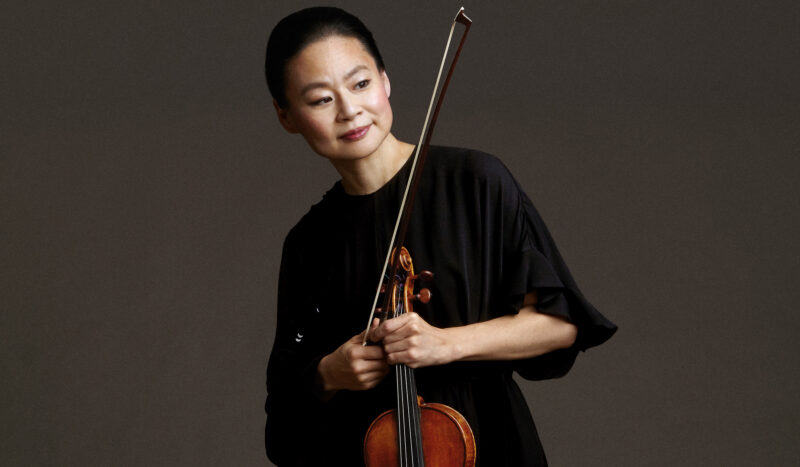
(Photo credit: Timothy Greenfield-Sanders)
Violinist Midori shares her opinions on competitions:
Dear Cindy,
Thank you for asking the question.
While I don't think I — or anyone else — would have the perfect answer, here is what I'd say:
Competitions CAN be a great way to start a solid career, but that doesn't mean that they guarantee a successful one. It also does not mean that competitions are the only path to an assured future.
Also remember, there is no one absolute definition of what is meant by a "solid, long-term career." There are many factors that go into shaping a person's professional life.
Playing well is critical, of course, but superior performance doesn't always make up for organizational and personality flaws, for example.
Competitions often lead to opportunities to perform with different orchestras and at various venues. They also provide an incentive that forces young players to meet a deadline, to gear up to participate, while providing opportunities for meeting new friends and future colleagues in the course of the competition.
Young musicians get to travel, broadening their horizons while exposing them to cultural diversity. These experiences are all so important — they definitely have a positive influence over the course of an entire career.
(In a couple of cases, I've actually seen a little romance that grew out of competition. A couple eventually tying the knot, what a success!)
But there are potential negatives, as competitions can be emotionally draining, physically stressful, or financially disastrous.
They can, in some cases, lower confidence, and negatively affect a person's performance and learning opportunities.
I've observed various outcomes of highly successful competitors (for the
lack of a better word).
Some maximized every possible opportunity, and that became their personal path toward new career heights. Some were given wonderful opportunities but then decided to advance in other directions.
Others took a prize as an incentive to go for more prizes.
There are also those cautionary cases of certain musicians who overloaded as they struggled to meet too many opportunities or tasks for which they were not yet ready.
On the other side, alongside my colleagues such as Gil Shaham and Sarah
Chang, to name just a few, I don't have any competition credit.
I sometimes look at my students who are on the competition track with a bit of envy. They all seem so excited to be preparing, even when they do find the process stressful.
The entire experience, including going through competitions themselves, provides true motivation, and the "growth" I find in my competing students is tremendous.
One of the positive "changes" I am seeing in recent competitions is that
their organizers are expanding upon the competitive experience, widening
their participants' horizons. The organizers present panels drawn from all
corners of the field, not just the performance sector, but also from the
"business" side, with the aim of impacting the thought processes of young
musicians.
How do the competitors perceive the range of a career? Have they
thought of their future responsibilities, or the expectations that will be
placed on them as artists who will help shape the field in years to come? In
this way, competitions are having a valuable impact on the future of
classical music.
I hope this quick overview has given you some window into the
interconnections between musical competitions and careers.
In an ever-changing music world, yours is a question on many minds these days, so I believe that examining the topic is of real value.
-Midori
june 2025
july 2025


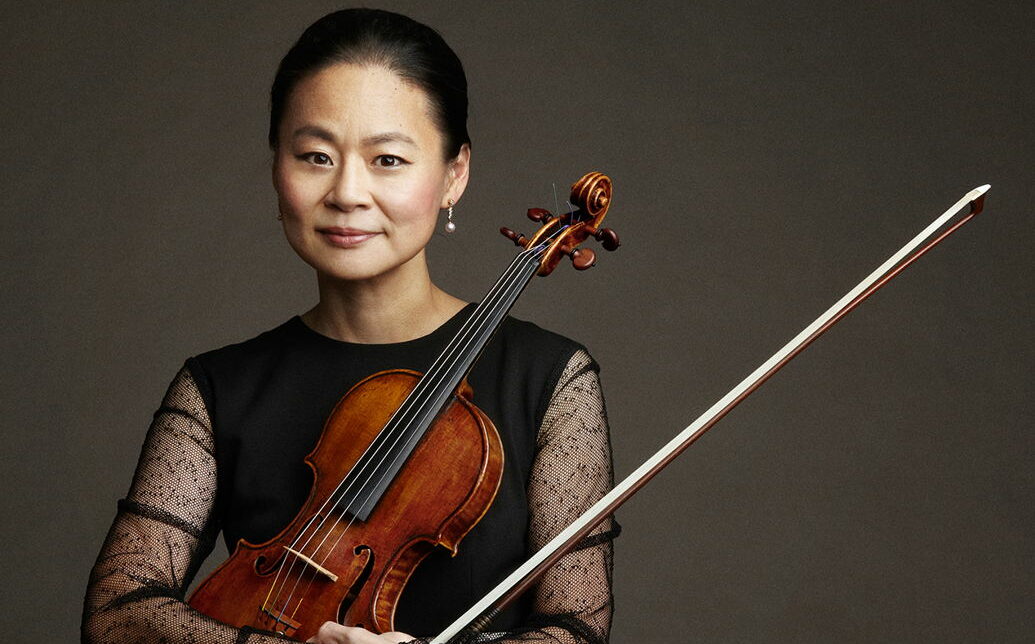
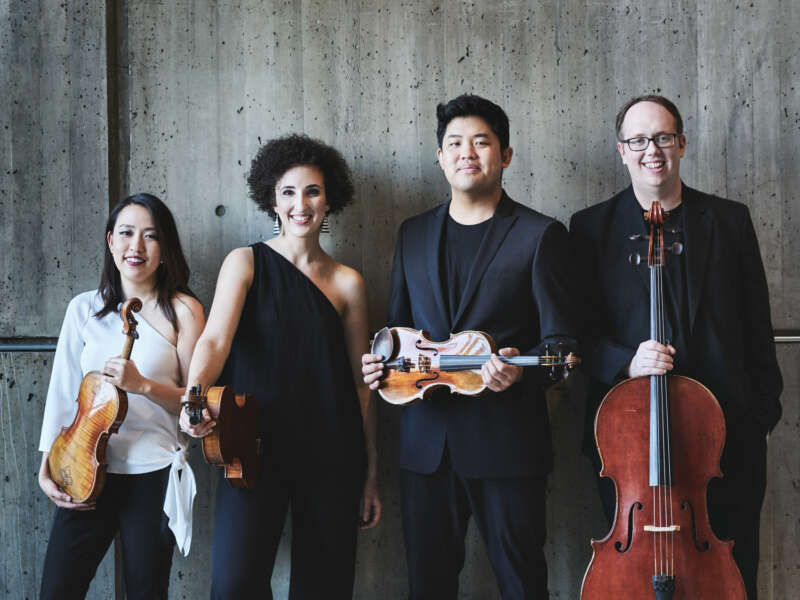























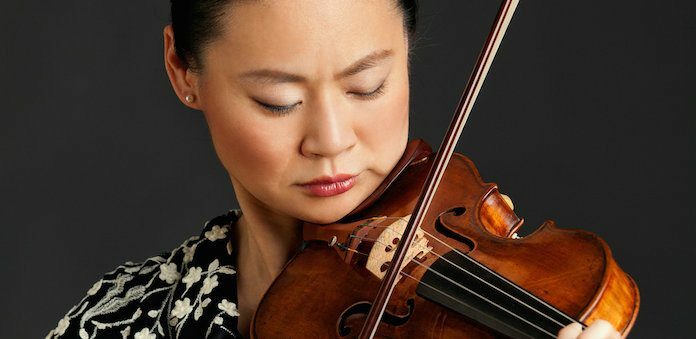
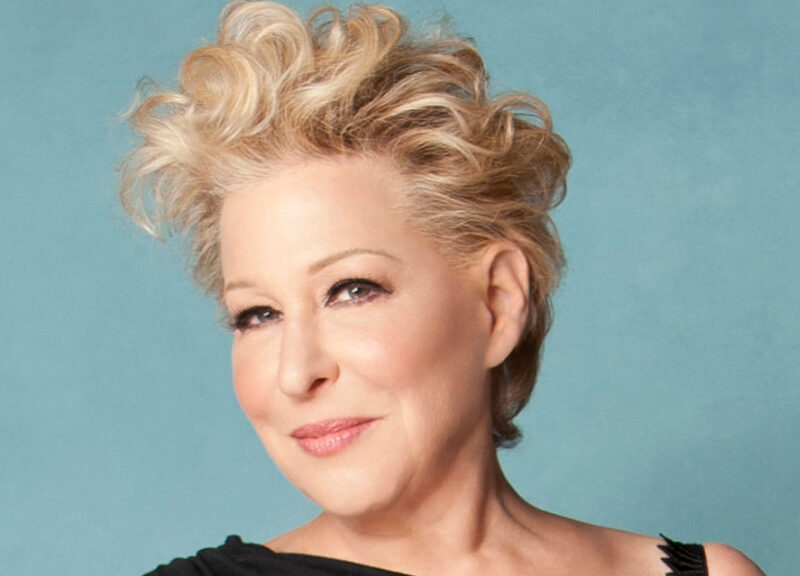
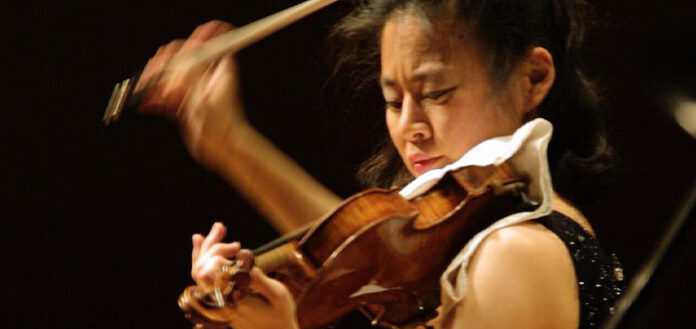
![FLASHBACK FRIDAY | Midori - Tchaikovsky Concerto, Abbado & Berlin Phil [1995] - image attachment](https://theviolinchannel.com/wp-content/uploads/2019/10/violinist-Midori-Berlin-Philharmonic-1995-800x600.jpg)



